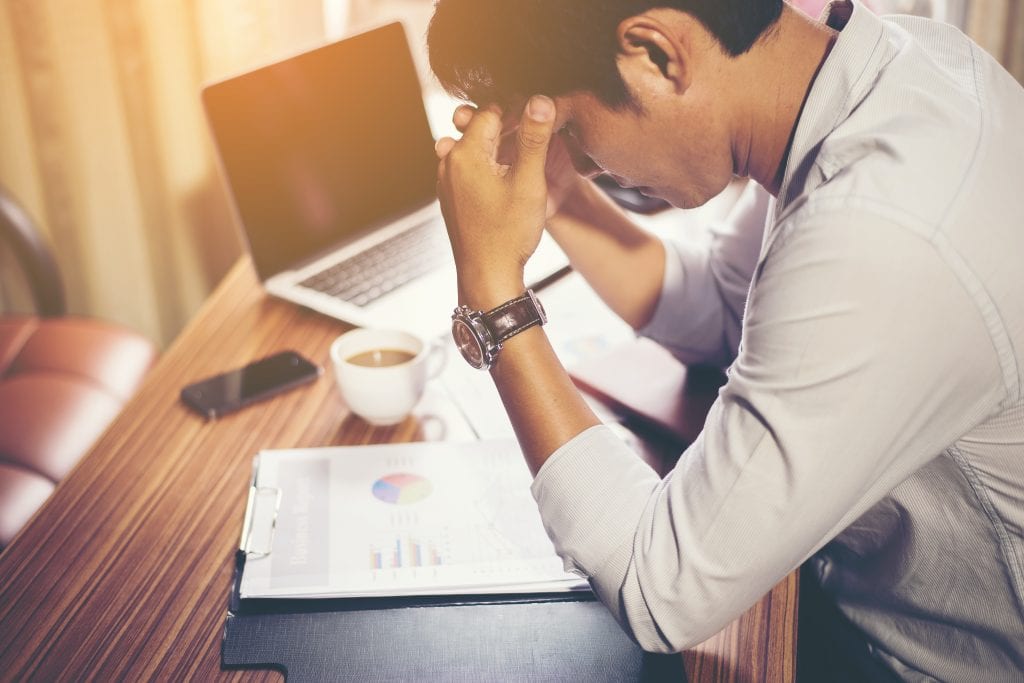
Author: Michael DiStaso, Doctoral Candidate in Industrial-Organizational Psychology.
COVID-19 has had a negative impact on employees in the United States and worldwide. The hospitality industry has been especially impacted. Restaurants have been forced to limit their services and hotels operate at significantly reduced occupancy because of travel restrictions and stay-at-home orders. Many employees have been laid off or furloughed for an indefinite period of time. Others have transitioned to working from home and face new challenges related to telecommuting.
The economic and health risk factors related to the COVID-19 pandemic have also impacted people’s mental health. Indicators of anxiety and depressive disorders have increased substantially during April–June of 2020, as compared to the same period in 2019. In addition, the CDC has identified several populations that are particularly vulnerable to COVID-19-related emotional distress. Suicide ideation and substance use has increased across the U.S., but even more so for Hispanic/black people and essential employees. Increased feelings of social isolation, among both individuals who are laid off and working from home, is one factor negatively impacting the mental and emotional health of many.
Dr. Deborah Beidel, a UCF Pegasus Professor and Director of UCF RESTORES, recently gave a talk about mental health during the COVID-19 pandemic. Dr. Beidel explained that increased rates of emotional distress is not surprising because COVID-19 brings many stressful challenges to our lives. Some challenges include disruptions to work-family balance, an inability to participate in recreation activities, employment loss or uncertainty, and feelings of social isolation.
What can be done?
There are several strategies for building stress resilience. First, it is important to make an effort to keep in contact with others, particularly people who are important to you. Dr. Beidel points out that how you keep connected is very individualized. Depending on your preference, it may be more useful to connect with many people or only with a few close friends.
Second, it is important to establish a consistent sleep schedule. Research on stress and sleep quality shows that sleep loss makes us more vulnerable to psychological stress. If you are struggling to establish a consistent sleep schedule, try committing to a specific, reasonable wake up time that works for you. Dr. Beidel additionally recommends avoiding exercise and caffeinated beverages close to bedtime.
Finally, closely monitor your alcohol use. Dr. Beidel points out that drinking becomes problematic when it is used to improve a bad mood or when it begins to disrupt your professional and personal life. If you do feel that alcohol use is becoming problematic, it is best to minimize social situations that expose you to alcohol.
Dr. Beidel’s talk on mental health strategies is part of UCF’s Targeted Research Training (TRT) program’s Fall 2020 Workshop Series, in collaboration with UCF’s Rosen College of Hospitality Management. More information about the TRT’s Workshop Series, focused on coping with isolation and the hospitality industry, can be found here.

For more questions about the Sunshine Education and Research Center and the Targeted Research Training Program, please contact Dr. Mindy Shoss at targetedresearch@ucf.edu.